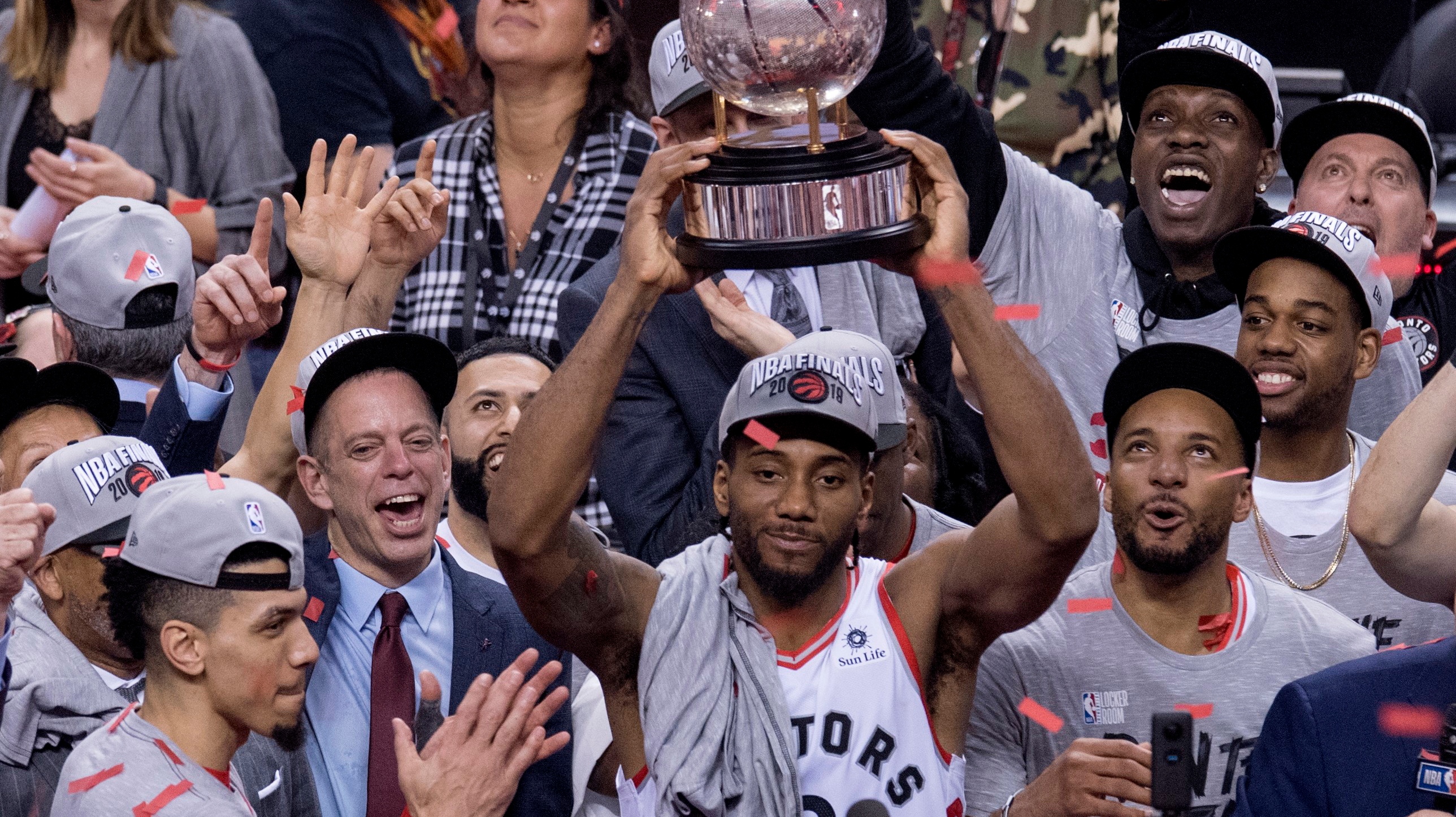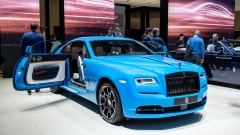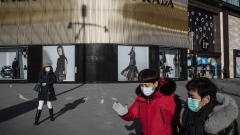May 31, 2019
Raptors' first championship run marks NBA's 'real test' for ticket counterfeiters
Pair of courtside NBA Finals tickets sells for $77,477
With the Toronto Raptors making their first trip to the NBA finals, die-hard fans have been scooping up merchandise and bidding up ticket costs. Meanwhile, the league itself is on the lookout for scammers, warning consumers that increased demand for Raptors gear and tickets is attracting counterfeiters.
Game one merchandise sales set an all-time Scotiabank Arena record with a 27-per-cent increase from the previous record held by a Travis Scott concert, according to the NBA.
Erik Levin, vice president and assistant general counsel with the NBA’s intellectual property (IP) unit, spoke with BNN Bloomberg by phone. Below is an edited version of the conversation.
Q: What resources does the NBA have to combat counterfeiters during the finals?
A: We have three lawyers within the NBA’s IP group who coordinate with federal, state and local law enforcement. In Toronto, there are police and bylaw enforcement officials working each game. And we have the ability to ramp up the teams patrolling around the arena. For example, we often ramp up enforcement around team parades and celebrations, where there are likely to be more counterfeit merchandise.
Q: How common is it to see counterfeit tickets during the NBA finals?
A: It varies. In certain markets, they’ve been quite prolific. During the All-Star game in Charlotte, we came across a number of vendors selling counterfeit tickets. There were roughly 100 counterfeit tickets purchased by fans, who were turned away when they arrived at the ticket gates.
Q: And is the same thing true for memorabilia?
A: It’s far more common to come across products, which is the main focus of our work. We’ll often find counterfeit T-shirts, caps, and jerseys.
Q: How do the prices of fake tickets compare to the real ones, which have been skyrocketing?
A: It depends. I’ve seen counterfeit tickets priced quite low, which should alert consumers that what they’re getting is perhaps too good to be true. I’ve also seen – as we saw in Charlotte – tickets priced close to those sold through legitimate sources, which is dangerous for consumers.
Q: Has the league seized counterfeit memorabilia or tickets tied to this year’s finals?
A: Ahead of the finals, we haven’t seen counterfeit tickets in Toronto. This is the real test tonight. We have certainly seen counterfeit products around Raptors games and Scotiabank arena. We’ll work with local police to make sure consumers can enjoy the experience of going to the first NBA finals game in Canada, while also purchasing something that is a lasting memento.
Q: Has the NBA seen a difference in the level of counterfeit memorabilia or tickets to this year’s finals, given it’s the first time for the Raptors?
A: The products we’ve seen in Toronto aren’t different. Counterfeit T-shirts, caps and car flags are typically sold by vendors. It’s pretty easy to make them and source them locally and sell them for a cheap price. Fans can tell the difference between counterfeit items and legitimate products via licensing hang tags and stickers. Items also have licensee information, such as the Nike, New Era and ’47 brands. Also, the quality is noticeably better. There’s no bleeding or fading with the colours. By comparison, ink from counterfeiters tends to fade as you wash it.
WEIGH IN

What do you think has given the biggest boost to the Raptors’ brand?
Q: What’s your advice on how to spot counterfeit tickets?
A: If you’re a block away from the arena and you’re paying less than the ticket price, that’s a red flag. To be safe, just go to the local box office.
For the NBA All-Star game in Charlotte, the commemorative tickets had security devices built into the ticket, so there were some very obvious differences when you looked at them side-by-side with counterfeit tickets.
Q: Is it more common to get scammed online, compared to buying tickets on the street near the arena?
A: Our main experience is with vendors on the street, but it’s possible that fans are checking sites like Craigslist to arrange meetups with illegal vendors to buy counterfeit tickets. Our recommendation is, don’t buy tickets from online sources other than those affiliated with the team or the league.
Q: How often do ticket buyers get their money back if they buy fraudulent tickets?
A: You can file a complaint with law enforcement and you can work with security at the arena. But in my experience with tickets, you don’t generally get your money back. The same is true for merchandise. Counterfeiters on the street don’t have a good return policy.






